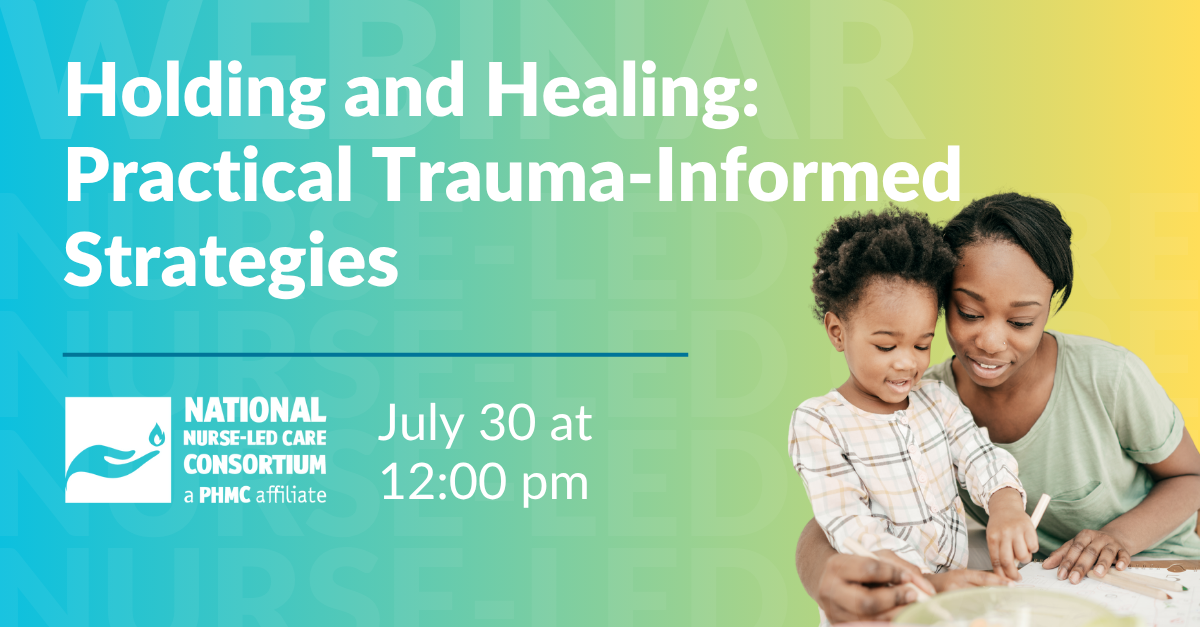
About the Webinar
Please join NNCC and Joseph J. Peters Institute (JJPI) for our third virtual training of the year for the Philly SPROUT (Supporting Parenting Relationships through Outreach, Understanding & Training) Project. This training session will feature Dr. Sandhyaa Iyengar, MD, MPH, FAAP, attending physician with the Division of Developmental and Behavioral Pediatrics at Children’s Hospital of Philadelphia, where she will discuss strategies to promote general social-emotional development in the context of trauma.
What You'll Learn
Throughout the training, attendees will gain an understanding of the prevalence and impact of trauma on young children’s development, discuss strategies that promote social-emotional well-being that can be applied to various settings (e.g., home, early-learning centers, school), and learn strategies in case-based scenarios to support the social-emotional health of young children who have experienced trauma.
Nursing Continuing Professional Development
National Nurse-Led Care Consortium is accredited as a provider of nursing continuing professional development by the American Nurses Credentialing Center's Commission on Accreditation. This webinar session is pending accreditation for 1 contact hour of continuing nursing professional development per session. To obtain nursing continuing professional development contact hours, you must participate in the entire activity, participate in audience polling and/or Q&A sessions, and complete the evaluation.
Social Work Continuing Education
Pennsylvania social workers, counselors, marriage and family therapists, and psychologists may be awarded 2.0 CEUs for the webinar.
Phoenix Center for Experiential Trauma Therapy (Lic. #004115) is approved by the Pennsylvania State Board of Social Workers, Marriage and Family Therapists and Professional Counselors to offer continuing education for social workers, marriage and family therapists and professional counselors. Phoenix Center for Experiential Trauma Therapy (Lic. # PSY000215) is approved by the Pennsylvania State Board of Psychology to offer continuing education for psychologists. Phoenix Center for Experiential Trauma Therapy maintains responsibility for the program.
This training was made possible by Grant Award #1H79SM086431-01 from SAMHSA. Its contents are solely the responsibility of the authors and do not necessarily represent the official views of SAMHSA.
UPCOMING TRAININGS
30 July 2025
Upcoming Trainings
About the Webinar Please join NNCC and Joseph J. Peters Institute (JJPI) for our third virtual training...
STAY CONNECTED TO NURSE-LED CARE

